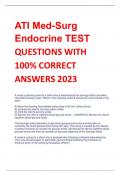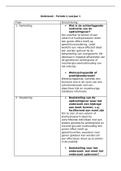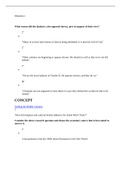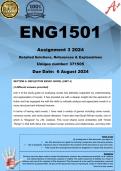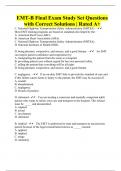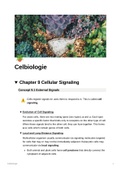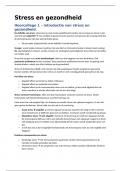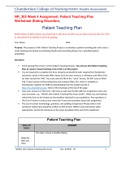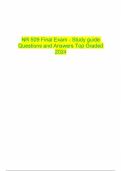Exam (elaborations)
ATI Med-Surg Endocrine TEST QUESTIONS WITH 100% CORRECT ANSWERS 2023
- Module
- Institution
ATI Med-Surg Endocrine TEST QUESTIONS WITH 100% CORRECT ANSWERS 2023 A nurse is planning care for a client who is experiencing the Somogyi effect and takes intermittent-acting insulin. Which of the following actions should the nurse include in the plan? A) Move the evening intermediate-...
[Show more]
